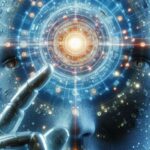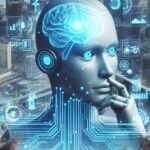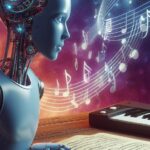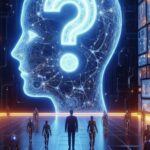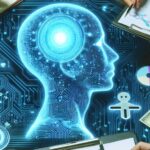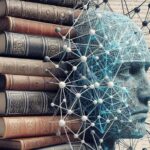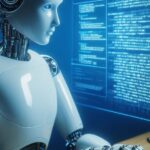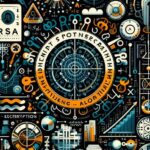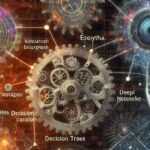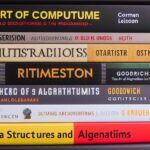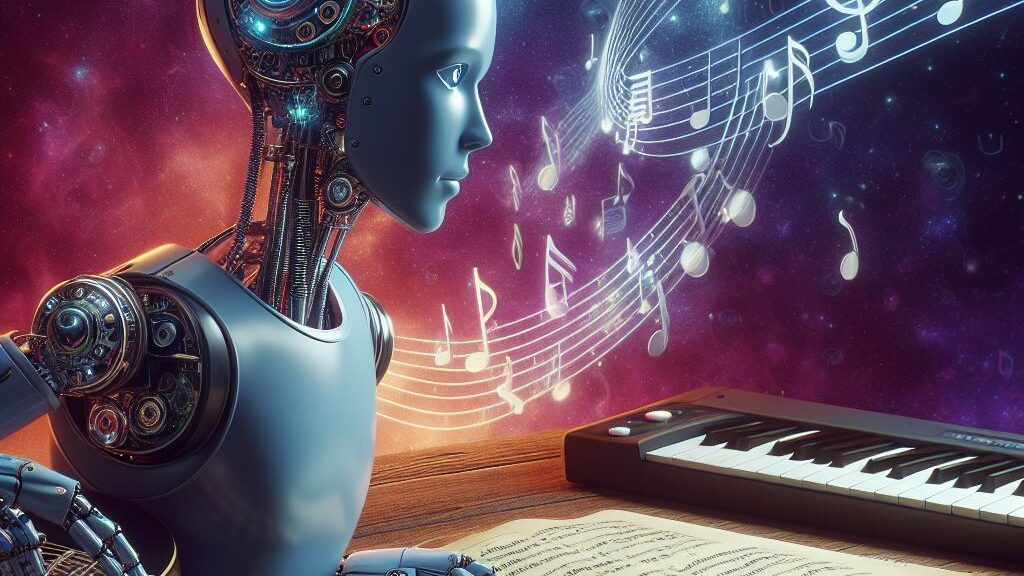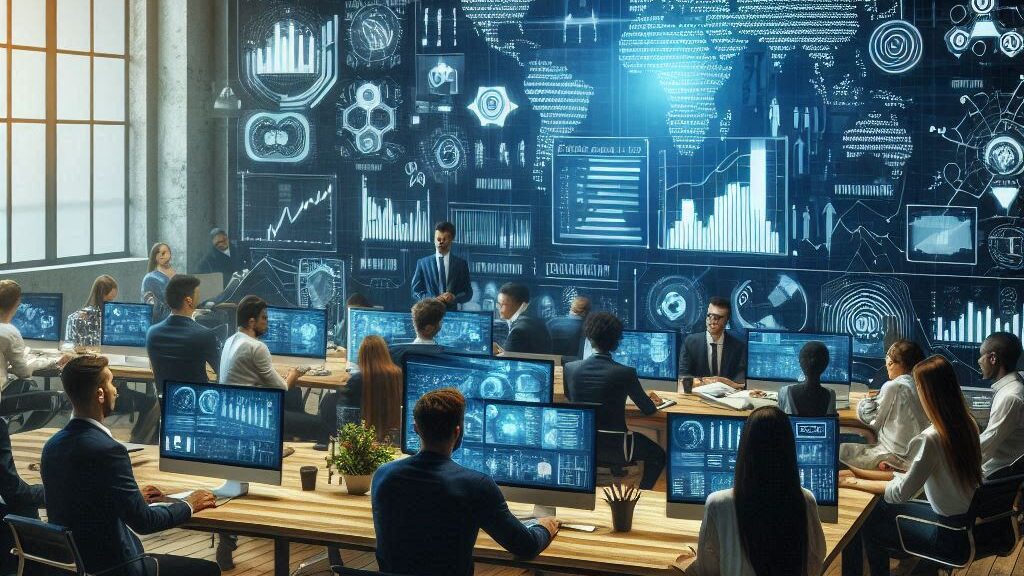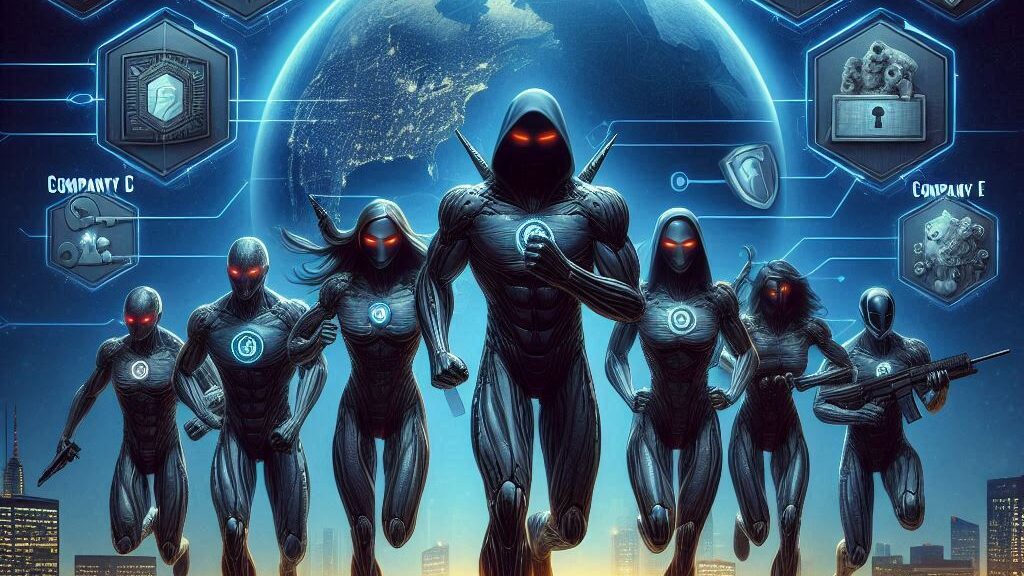Introduction
The fact that Artificial Intelligence (AI) was brought into existence has changed almost everything and is no exception for music composition. With AI becoming a big market, the issue roots would be able to captivate more people’s minds than humans. This blog post is a deep look into this fascinating topic and it discusses the ability of AI to compose music and the difference between AI and human composers.
Table of Contents
AI in Music Composition
The progress of how AI has been applied in the area of music is quite significant. AI machines, which have been trained on music libraries spanning multiple genres and timeframes, can now ‘produce’ original pieces of music, that are not always discernible from human-created music. The AI systems are the ones that analyze patterns, structures, and elements in the music data, learning the small details that make up different musical styles. They can now realize on their own using the obtained experience of the harmonious formation of the melody, rhythm, and harmony and create their music.
However, the question remains: An intricate question within this context is to what extent the AI-generated pieces can be compared to the compositions that result from human music-making practices.
Human vs. AI in Music Composition
While comparing the AI and the human composers, the factor that should be taken into account is the variety that the composition includes. In the more technical field, AI got impressive results. Musical inclinations can generate compositions that are built upon complex musical structures and that follow the music rules. In certain instances, AI-generated music has indeed been taken for human-composed works in blind listening tests.
Yet, music is a result of an intellectual activity, not just some arrangement of pleasing notes. It is not only a way of making music but a means of expressing feelings, telling stories, and letting people embrace the part of the composer by which listeners give back their emotions. This is the point at which the humans are better than the machines. It is not so much an AI that is looking for personal inspiration and emotion while composing music. However, individual composers usually get their information from their feelings and experiences.
The Evolution of AI in Music
The AI technology of music composition has made a very impressive development. The earliest AI music systems were rule-based, which meant that they were based on pre-defined musical structures and patterns. On the other hand machine learning and deep learning algorithms are now able to add a lot to the AI’s ability to do things. The utility of such advanced AIs lies in their capacity to learn from a wide range of musical information, therefore, they produce music that is not only high in all the technicalities but also features different styles. They can assemble the music in different genres, such as classical, jazz, or pop, showing amazing versatility.
The Role of Big Data in AI Music Composition
The advent of big data has done a phenomenal job in pushing the asset of AI in music composition. Together with the capability to go through large musical-themed databases, AI systems can learn from and structure a wide palette of music styles and genres. This massive amount of data enables AI to grasp the subtleties of different kinds of musical traditions, from the complex rhythms of African drumming to the melodic richness of Indian classical music. AI gains such musical insights from the multicultural source of music and the generated music becomes not only technical but also rich in cultural tones.
The Limitations of AI in Music Composition
AI may be the most advanced and accomplished technique for music making, however, it does have its limitations when it comes to music composition. The major problem is that people cannot understand emotions. Even though AI can reproduce and analyze musical structures, computer algorithms can not explain, to the listener, emotions in music. Music as a kind of art in essence is borne of human beings’ soulful struggle for such complex emotions and experiences redefining the fingerprint of human beings. Until AI can understand and produce the emotional intricacies, it will always be a step behind human composers.
The Future of AI in Music Composition
So, we can be sure that AI in music composition leaves us with all sorts of thrilling prospects in the future. Thanks to the progress in AI technology, we can see the ones that are more than technically good but with the capacity to express human emotion within the sound too. Besides, AI could reshape the music industry by making music composition easier for people. AI utilities unlock the doors for composing your music for everyone regardless of their musical background and skills, thus breaking the entry barrier for those who have no music training.
The Intersection of AI and Creativity
AI in contrast to human thinking is not capable of rational thoughts, but code and maths. On the other hand, music composition is where AI is starting to get into the field of creativity – an area that has always been linked to human intelligence. The marriage of AI and the creative domain is an area that is worth delving deeper into. Although AI has proved itself with technical music production acceptance, the artistic component of music composition is where the problem occurs. Creativity is the blend of originality, novelty, and unpredictable nature that can not be quantified or repeated by the AI. Hence, though AI can imitate the way and the order things in music are combined, the imagination factor that marks the sparkle of the best music is something that AI systems are not able to mimic.
The Impact of AI on the Music Industry
Although AI is considered just an art in the field of music production, various corporations continue benefiting from the powerful capabilities of Artificial Intelligence. AI is capable of shaking the foundation of the music industry. Therefore, similarly, it is possible that the cost of producing music can go down very well in AI for music can generate music more quickly and instantly than live composers do. Furthermore, AI enables emerging music lovers and newcomer composers to make the best of it by providing them with a very strong creative tool. On the other hand, this also gives rise to concerns about the worth of human composers and the possible reduction of jobs in the music industry.
Ethical Considerations in AI Music Composition
While AI usage in the music composition process is raising several ethical issues, society has to draw a line on the role which should play people and machines. Considering that, the question is if AI can own the music rights composed by it. Who is it, the developers who created the AI or is it the AI itself? And speaking of the imbalance of the generational musical tastes, that AI was trained on? If the AI that has created a piece of music resembles the melody or tune the AI is trained on, then is that music plagiarism? These are difficult questions that do not have distinct answers, which shows the necessity of legal and ethical guidelines for the use of AI in the composition of music.
The Potential of Collaborative AI in Music Composition
Besides, it is about AI which will be applied not only as a tool but also as a co-partner in the music composition processes in the future. Not only can AI be accepted as an instrument that substitutes human composers, but also a lens through which we can see that enhances human creativity. AI could be a source of new ideas for composers, let them travel through various musical styles, and even help in the technical aspects of composition. This joint effort could be a way of art opening a new era of music composition when the humanity inherent in a person’s creative work and AI’s sophisticated capabilities come together to create a beautiful combination.
Conclusion
Finally, it is important to note that computers have shown their laudable skills in music creation but however not the most successful over all the spectrum. AI is great at the technical stuff of composition, but it lacks the human personal touch and emotional depth which is the key characteristic of human-made music. Although now it is hard to imagine what the future would bring, the AI area is what keeps evolving and you never know what to expect. Not a long time ago, when AI developers were no closer to creating an AI that could suitably imitate and ultimately beat humans in composing music, it seemed a distant pipe dream. Until now, AI in music composition has been a symphony of its own, giving us many fascinating insights and possibilities.







